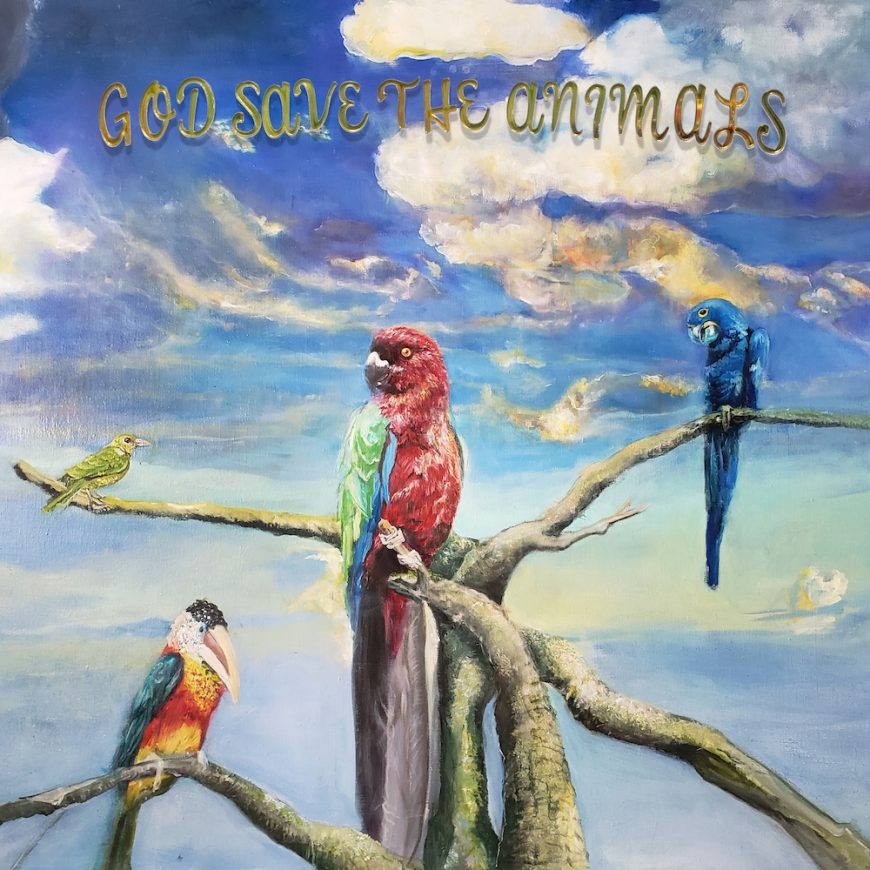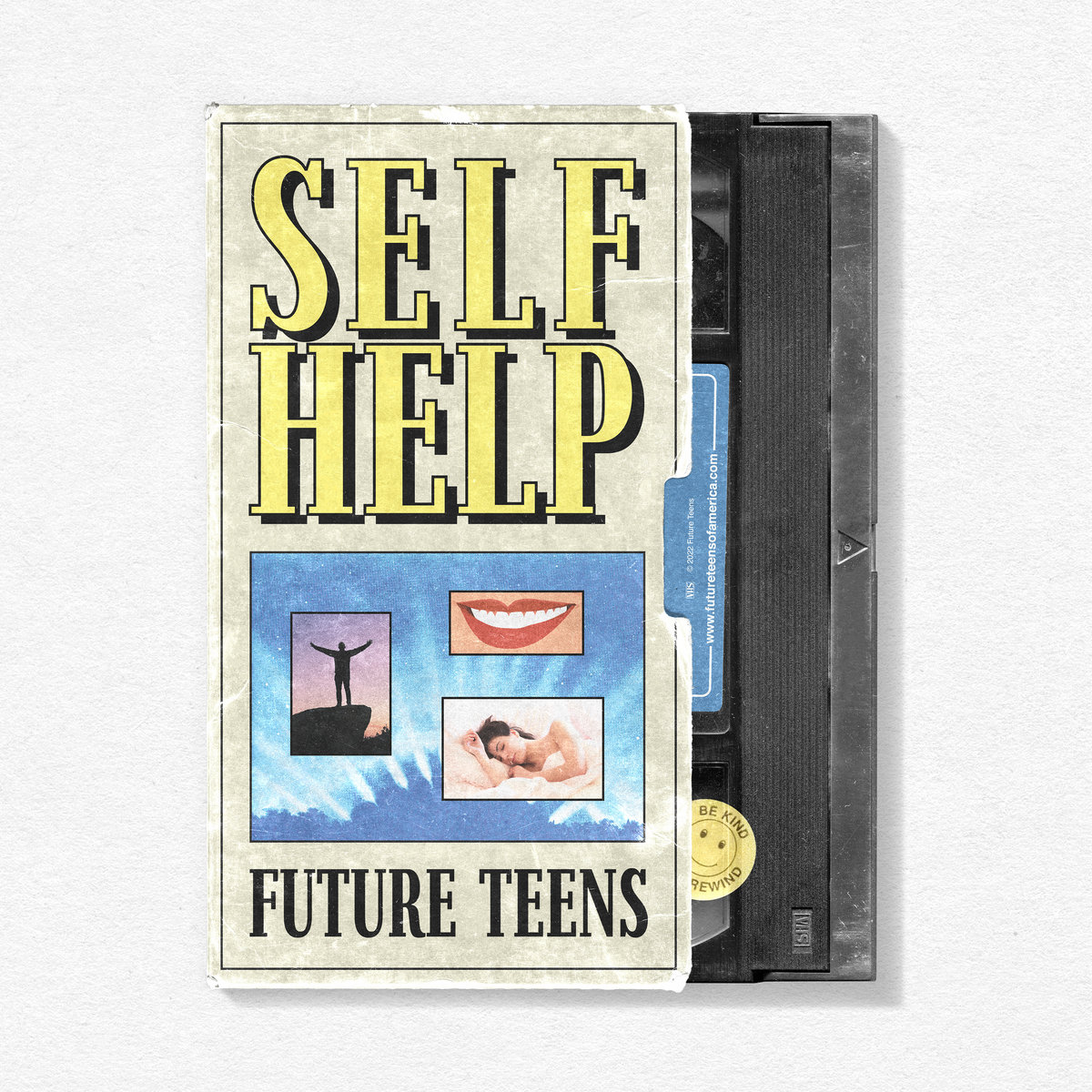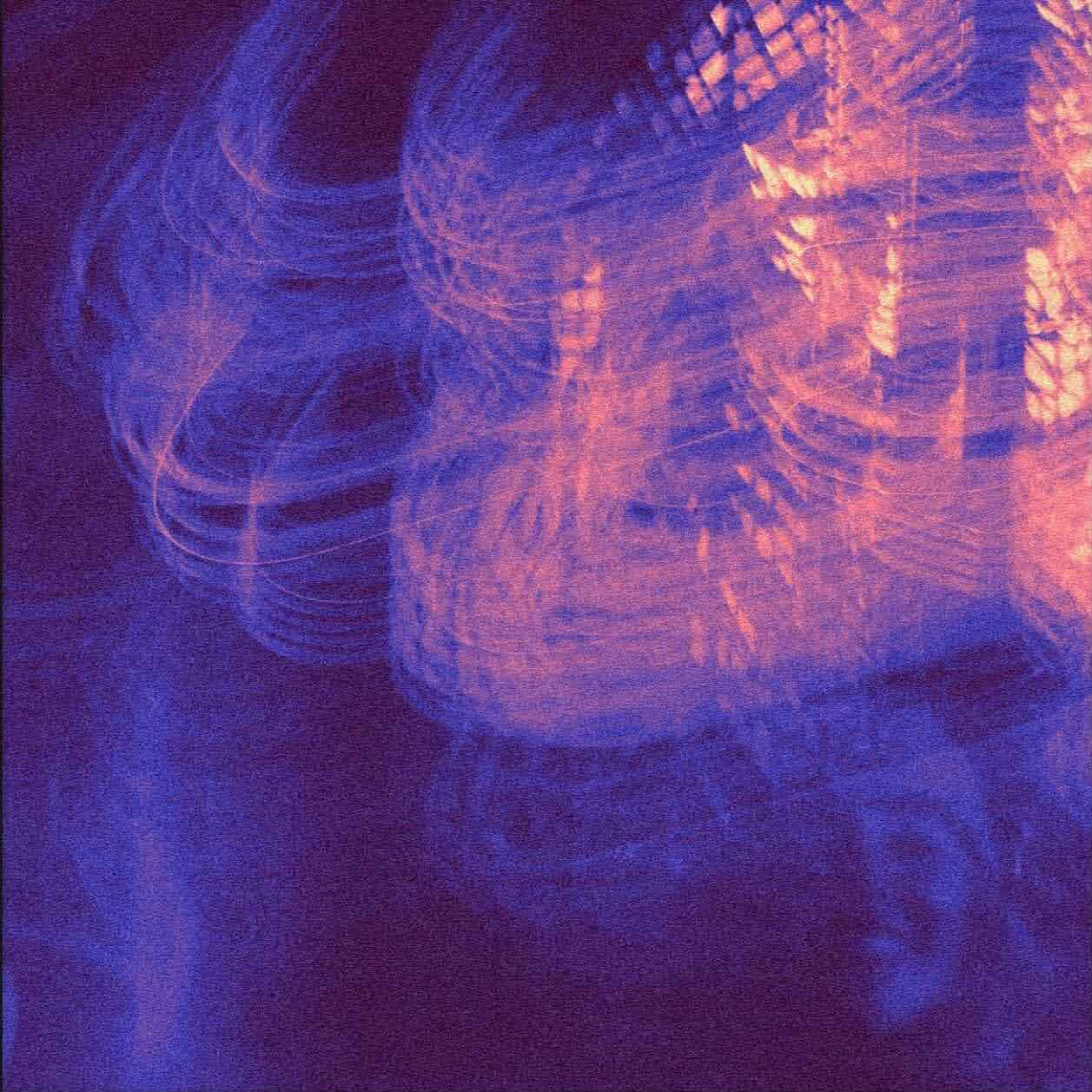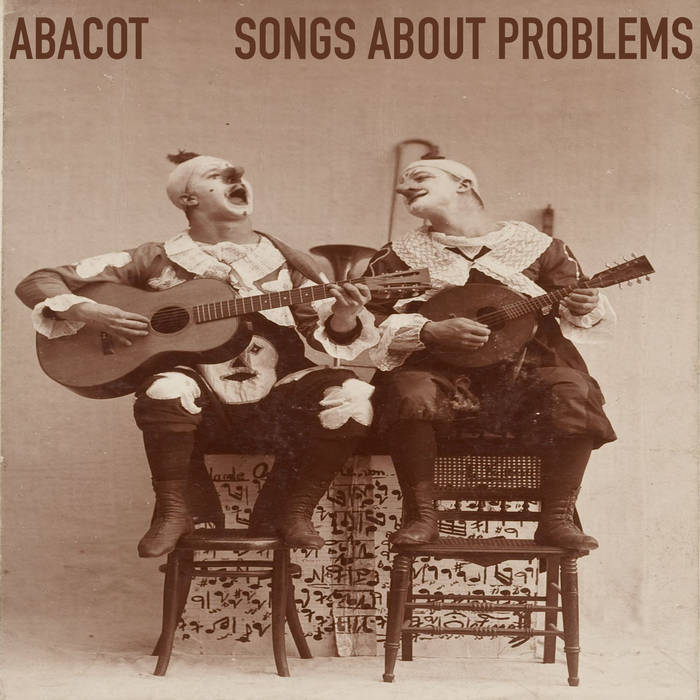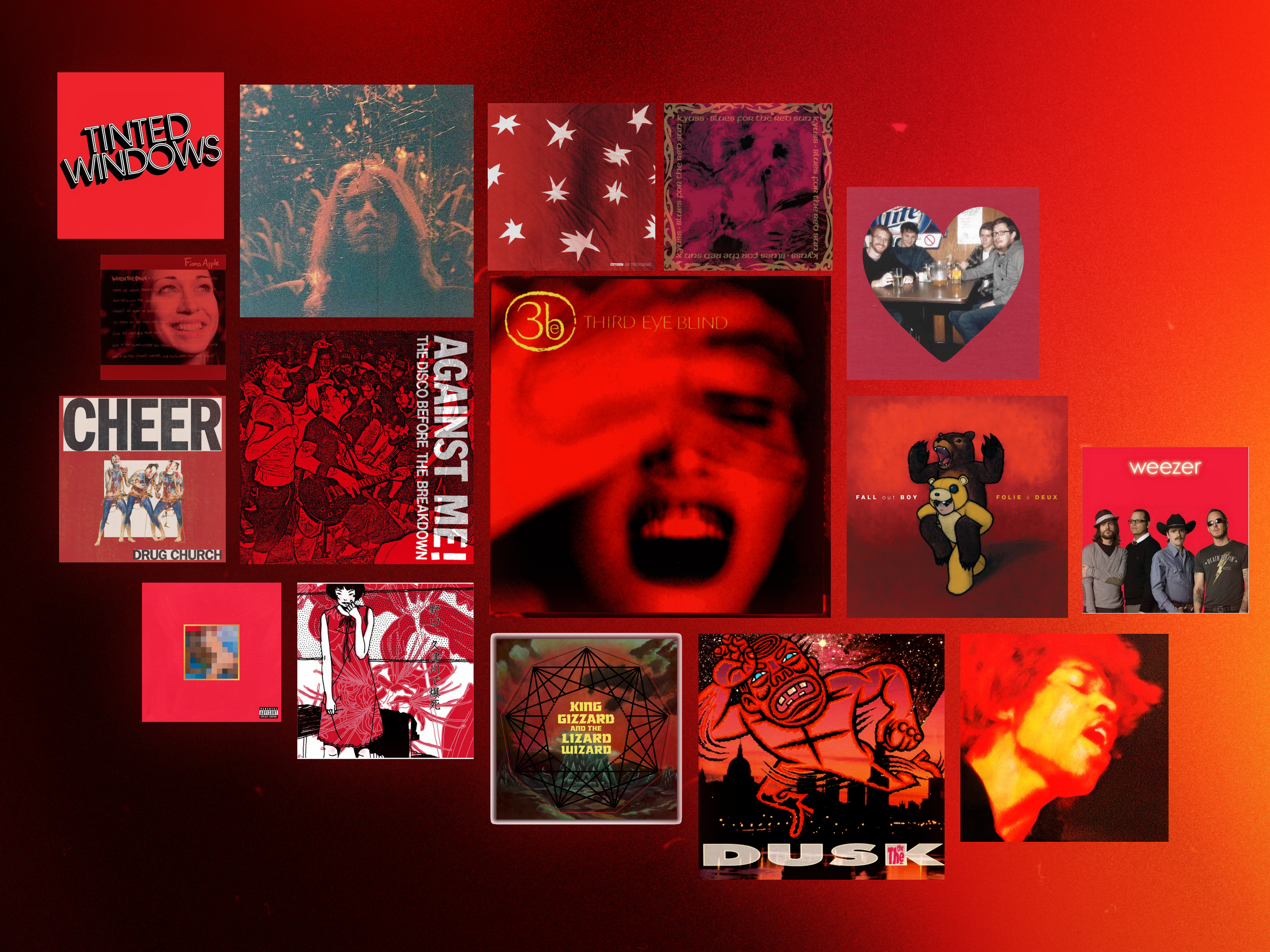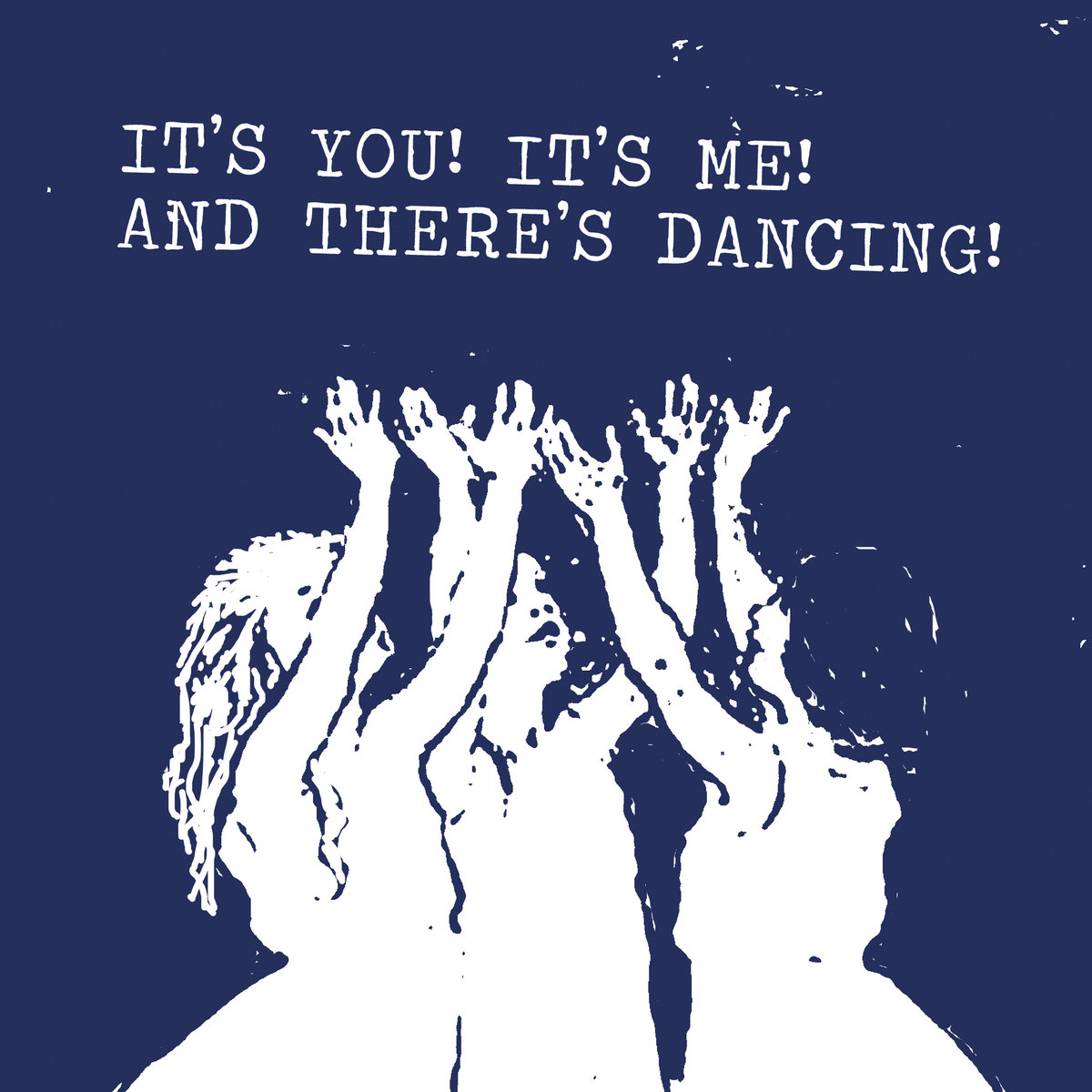The Best of Q3 2022: Part 2
/Remember when I published an article about the best albums of Q3 2022 and tagged it with ‘Part 1’? Well, guess what? Over a month later, here is Part 2! I may have been a slow writer lately, but I still wanted to highlight some of the albums from this past summer that have been resonating with me.
Alex G - God Save The Animals
Domino Recording Company
Indie music’s favorite weirdo is back. Between shaking his booty like a maniac and scoring off-kilter indie movies, Mr. G has thrown together yet another collection of soon-to-be-classic folk tunes with an oddball bent. While it’s about as catchy and abstract as any of his previous releases, God Save The Animals feels far more spiritual than any other Alex G album thus far. In an interview with The New York Times, the artist admitted that faith has been on his mind these past few years, explaining, “I don’t really have a set of beliefs, but it seems like a place everyone has to go at some point.” This is reflected in songs like “Blessings” and “S.D.O.S.,” but pays off beautifully in “Miracles,” where the personal and spiritual intersect in one of the best songs of Alex G’s entire career.
Birthday Dad - The Hermit
Refresh Records
Sometimes an artist’s bio is so good that I just end up copying the whole thing into one of these write-ups. Birthday Dad is one of those artists. Their Spotify bio reads, “Imagine if Bright Eyes locked themselves in a room for a year and only listened to Jack's Mannequin.” Yep, that’s Birthday Dad to a T. Seeded by singles “TV Dinner” and “Death Too,” The Hermit is an album concerned with the unfeeling mundanities of life. Whether it’s the ennui of your nightly garbage run or the nostalgic comfort of playing Pokémon on your Game Boy Color, Alex Periera’s songwriting is consistently cutting, clever, and honest. The end result is a phenomenal and endlessly relatable debut that isn’t afraid to speak from the heart.
Death Cab For Cutie - Asphalt Meadows
Atlantic
I don’t think I need to sell anyone on Death Cab For Cutie in 2022. The band has been a known entity in the alternative rock sphere for basically my whole life. That said, as with any legacy act, their music has waxed and waned quite a bit over the last decade, from the mid-career high of Narrow Stairs to the relative low of Codes and Keys and the mixed bag of Thank You For Today. To me, the band began to right the ship with 2019’s Blue EP, specifically the slow-burn closer “Blue Bloods,” which embodies all the characteristics of my favorite Death Cab songs.
Asphalt Meadows is not a return to form in the sense that the band is retreading old ground, but it feels like they’ve regained their quality control. Album opener “I Don’t Know How I Survive” rolls out slowly until about a minute in when a blown-out noise rock assault upends every expectation you entered the record with. From there, the band continues to explore new sounds that still feel distinctly Death Cab. On the upper end, there’s a jangly new wave bounce on “I Miss Strangers” and killer guitar work on “Here to Forever.” On the other end, the band experiments with some striking spoken word delivery on “Foxglove Through The Clearcut,” which vaults from a subdued monologue to a sweeping emo build that feels reminiscent of the band’s oldest material. Overall, the record does a masterful job of alternating back and forth between peppier songs and moody tunes, resulting in a satisfying LP that feels exciting, exploratory, and rejuvenated, yet familiar and comforting.
Future Teens - Self Help
Triple Crown Records
People talk a lot about “sad” music in relation to artists like Phoebe Bridgers, and that’s fine, but for my money, nobody cranks out truly sad songs like Future Teens. While it’s not as slow and plodding as anything on Punisher, the music that the self-described “bummer pop” group makes broaches topics that feel far more honest than sad for sadness' sake. Sometimes it feels like sadness can become an artist’s “brand,” and as soon as that happens, it all begins to ring false. Future Teens have always been like this.
The lyricism found in the band’s music has always been confessional to the point of worry; like these are things that should be written in a journal and discussed with a therapist rather than put to music. The group uses simple terms to paint scenes of shitty mental health, substance abuse, and failing yourself. Throughout the album, the perspective bounces back and forth between the two guitarist-singers Amy Hoffman and Daniel Radin, which keeps things dynamic and interesting. These are songs where just getting out of the house and going to Target counts as a victory. For the litany of personal trials depicted throughout the album, nobody summarizes the band’s creative ethos better than themselves when they belt, “Feeling bad, at least it’s something.”
PHONY - AT SOME POINT YOU STOP
Self-released
I’ve written a lot about “death albums” recently. On paper, AT SOME POINT YOU STOP is yet another entry in this lineage. The third album from ex-Donnavan Wolfington/current Joyce Manor guitarist Neil Berthier primarily centers around the passing of his father, but it’s also about much more than that. Capturing grief with a wide-set lens, this record is as much about loss as it is about everything that comes in its wake.
The album deftly juxtaposes internal emotions and external forces for a collection of conflicted tracks that range from the melancholy sway of songs like “THE MIDDLE” and “SUMMER’S COLD” to peppy punk on “GREAT WHITE.” There are glitchy amblings, trip-hop detours, and drunken diversions, but ultimately, the heart of the record can be found on “KALEIDOSCOPE,” whose melody makes a reprise in the closing song.
As we follow Berthier’s loss and subsequent journey across the country, the LP congeals into a woozy late-summer emo masterwork that’s truly emotive in every sense of the word. A devastating record less about death itself and more about the void that it leaves. As signaled by the title, AT SOME POINT YOU STOP is a record about life continuing on even after weathering an event that levels your emotional landscape.
A Place For Owls - A Place For Owls
Self-Released
Are you a little too earnest? Have you been known to profess your emotions through overwrought sentiments? Do you feel things cataclysmically? Well, A Place For Owls might be for you. The self-titled debut from the Denver-based indie rockers is packed wall to wall with heartfelt lyrics and sweeping sentiments. Drawing inspiration from indie rock greats like The National, Frightened Rabit, and Manchester Orchestra, as well as more modern extensions of the same artistic mindset like Julien Baker and Caracara, APFO is a broad and expansive piece starring a band that feels everything deeply and isn’t afraid to report their findings directly to their audience. If “Emo Kid to Sad Dad” is a pipeline, nobody has canonized that journey better than A Place For Owls.
The Wonder Years - The Hum Goes On Forever
Hopeless Records
I’ve spent the better part of my adulthood in the shadow of The Wonder Years. When I was graduating high school, they were graduating college. As I made my way through college, they navigated their place in the world and rationalized their life choices. I lost friends, and so did they. At every step of the way, lead singer Dan Campbell has written honestly about the struggles that have come with each phase of his life. Depression, loss, heartbreak, and addiction are all ongoing candid discussions within The Wonder Years’ catalog. At the onset of their career, the band navigated these realities with pop-punk power chords, but, over the last few albums, have shifted to a hefty alternative rock punch. Their music is the definition of cathartic, and you don’t have to look any further than a single concert snippet to see hordes of people screaming these lyrics back at the band to understand. I am far from the first person to have found peace in this music.
When Dan Campbell sang, “Jesus Christ, I’m twenty-six / All the people I graduated with / All have kids / All have wives / All have people who care if they come home at night,” I was a fresh 20 years old. I recognized the sentiment but didn’t truly identify with it until I found myself on the other side of college committing myself to creative pursuits as piers settled down in relationships and started families. Similarly, on The Hum Goes On Forever, Campbell paints a picture of his life as a father and all the struggles and spiritual victories that come with it.
The band’s seventh album is the first substantial update we’ve had on the members’ lives since 2018’s Sister Cities, and (obviously) a lot has happened since then. While I can’t fully relate to the sentiment of fatherhood, the band does an excellent job of translating the ups and downs of parenthood to their army of lifelong fans. Hum contains the usual mix of upbeat singalong bangers, classic callbacks, and some exciting experimentation that imagines possible future directions the band could take. Like catching up with an old friend, The Hum Goes On Forever is a touching document that affirms my decade-plus-long fandom and makes me grateful to have grown up alongside this band. And who knows, in five or six years, I’ll probably relate to this album on an even deeper level. I cannot wait.

